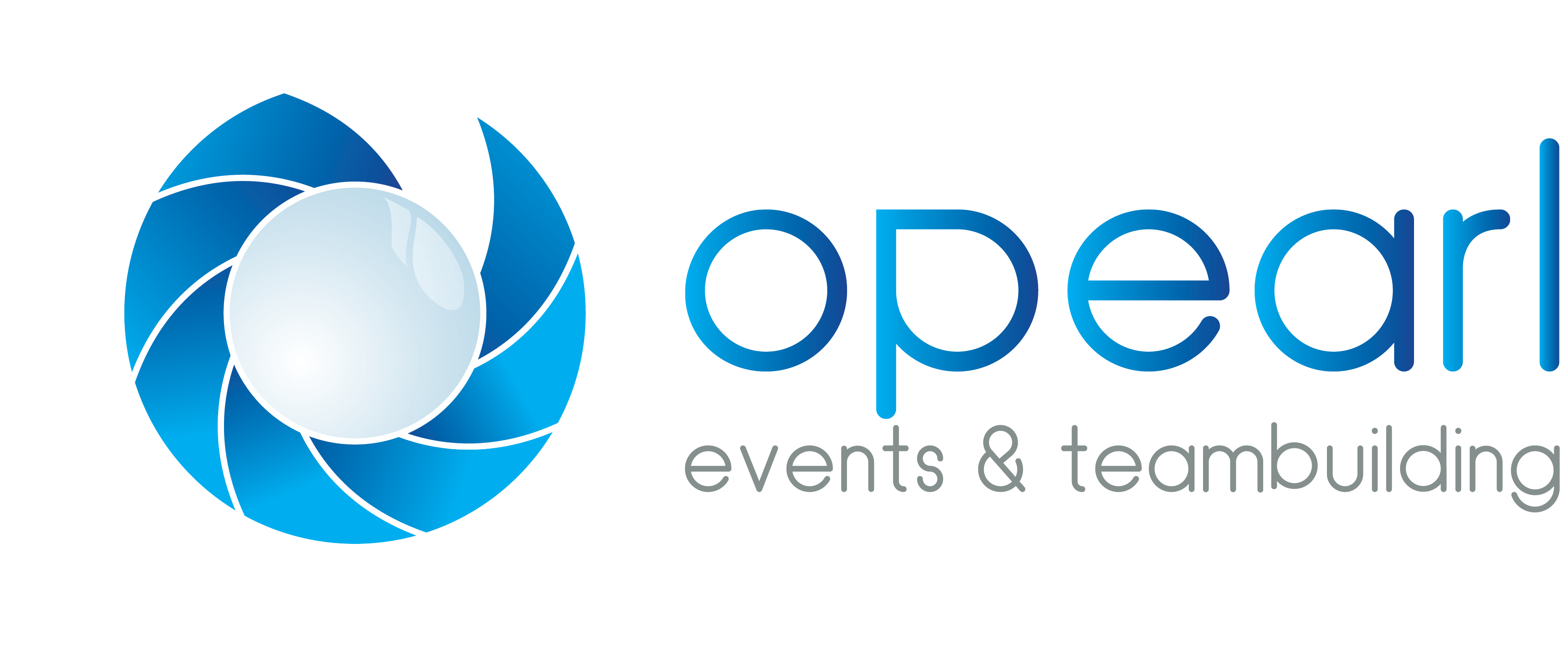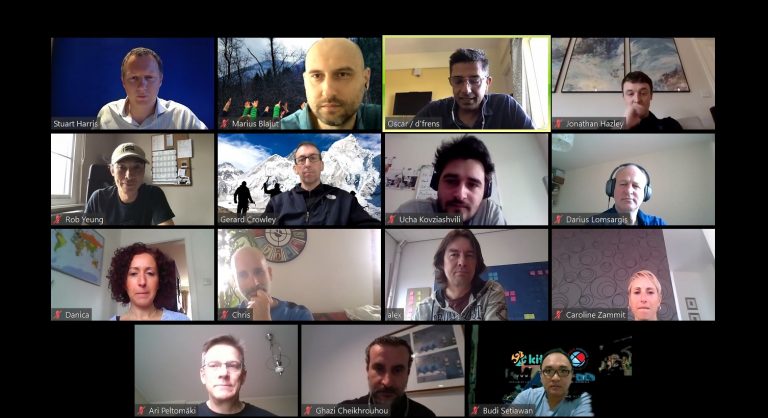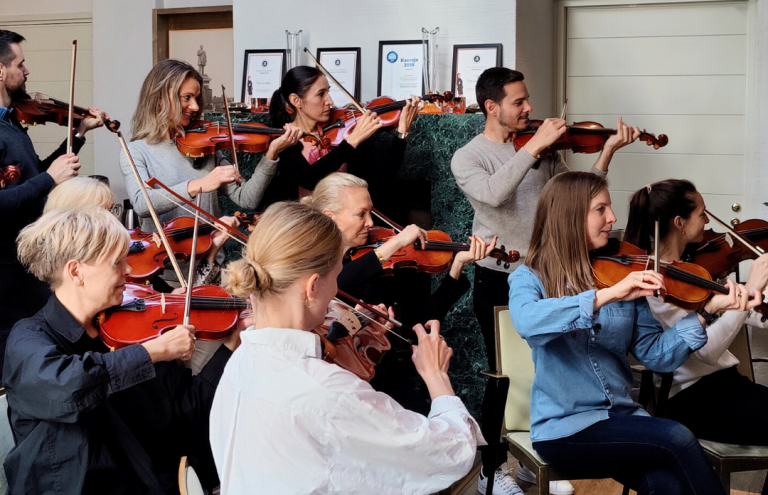In today's competitive workplace, effective team building is essential to achieving success. Building a strong and cohesive team can help organizations increase productivity, improve communication, and enhance overall performance. In this blog, we will discuss some effective team-building strategies that can help organizations succeed in today's competitive workplace.

1. Define Team Goals and Objectives
The first step in effective team building is to define the team's goals and objectives. The team's goals should align with the organization's overall objectives, and each team member should understand their role in achieving those goals. Clearly defining goals and objectives will help the team stay focused, motivated, and productive.
2. Foster Open Communication
Effective communication is a key component of successful team building. When team members can communicate openly and honestly with each other, they are more likely to build trust, collaborate, and work towards a common goal. Encourage open communication by creating a safe space where everyone feels comfortable sharing their thoughts and ideas.
3. Build Trust
Trust is the foundation of a strong and cohesive team. When team members trust each other, they are more likely to support each other, collaborate, and work towards achieving the team's goals. Building trust takes time, but it can be achieved by demonstrating integrity, being transparent, and following through on commitments.
4. Encourage Collaboration
Collaboration is essential to effective team building. When team members can collaborate effectively, they are more likely to share ideas, work together towards a common goal, and achieve better results. Encourage collaboration by creating opportunities for team members to work together and share their expertise.

5. Embrace Diversity and Inclusion
Diversity and inclusion are crucial to effective team building. When team members come from diverse backgrounds and have different perspectives, they are more likely to come up with innovative ideas and solutions. Embrace diversity and inclusion by creating a culture of inclusivity, promoting diversity in hiring and recruitment, and providing training and development programs that address unconscious bias.
6. Provide Opportunities for Growth and Development
Providing opportunities for growth and development is essential to team building. When team members can learn new skills and grow professionally, they are more likely to stay motivated and engaged. Provide opportunities for growth and development by offering training and development programs and creating opportunities for team members to take on new responsibilities.
7. Foster a Positive Team Culture
Creating a positive team culture is essential to effective team building. When team members feel valued, supported, and motivated, they are more likely to work together towards a common goal. Foster a positive team culture by recognizing individual and team contributions, promoting a work-life balance, and encouraging a sense of community and belonging.
8. Encourage Feedback and Continuous Improvement
Encouraging feedback and continuous improvement is important to effective team building. When team members can provide feedback on their work and receive constructive criticism, they are more likely to improve their performance and contribute to the team's success. Encourage feedback and continuous improvement by creating opportunities for team members to give and receive feedback and regularly reviewing and updating team processes and procedures.

9. Use Technology to Enhance Collaboration and Communication
Technology can be a valuable tool in effective team building. Using collaboration tools and communication platforms can help team members work together more efficiently and effectively, regardless of their location. Use technology to enhance collaboration and communication by adopting collaboration tools such as Slack or Microsoft Teams and video conferencing platforms like Zoom or Google Meet.
10. Celebrate Successes and Learn from Failures
Celebrating successes and learning from failures is an important component of teambuilding. When team members can see that their hard work and efforts are paying off, they are more likely to stay motivated and engaged. Celebrate successes by acknowledging individual and team achievements and rewarding hard work and dedication. When failures






